XAIDA Webinar #9

The 9th session of our webinar will occur on September 10th at 2 PM CET. Nathan Mankovich (UVEG) will do a presentation on the Dynamic Mode Decomposition with control (DMDc).
Check out the details to attend, discuss and follow the discussion!
XAIDA Webinar #8

The 8th session of our webinar will occur on July 3rd at 2 PM CET. Lucas Fery (LSCE-IPSL, CEA Saclay) will do a presentation on the detection and attribution of derechos in France.
Check out the details to attend, discuss and follow the discussion!
XAIDA Webinar #7

The 7th session of our webinar will occur on June 13th at 2 PM CET. Christian Reimers (Max Planck Institute, Germany) will do a presentation on impact modeling for phenology.
Check out the details to attend, discuss and follow the discussion!
POLICY BRIEF: RISKS FROM CLIMATE EXTREMES OVER EUROPE AND BEYOND
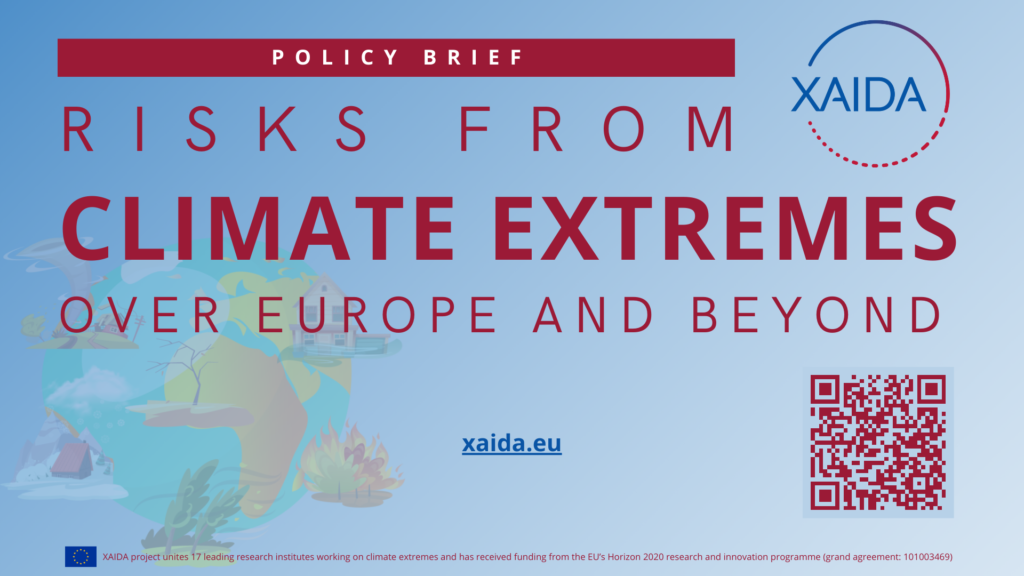
Extreme weather events in 2023 illustrated how poorly prepared the world is for the growing risks of climate change. Nowadays it is possible to use attribution science to investigate the role of climate change and other factors in specific weather and climate extremes. Attribution studies estimate by how much a specific extreme event was made more (or less) likely and/or intense because of climate change. This policy brief summarizes key learnings from the first two years of the XAIDA project and formulates recommendations.
Stakeholders Platform – Energy
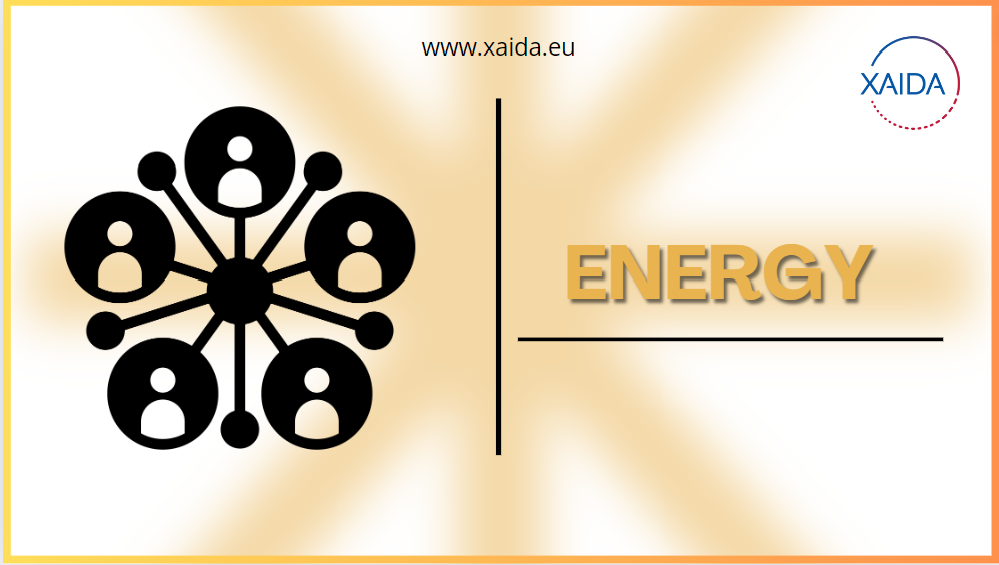
STAKEHOLDERS PLATFORM | ENERGY Every city authority in the world is faced with tough decisions on how to deal with present and future losses due to changing likelihoods and intensities of extreme weather. It is relevant to identify crucial entry points to work with stakeholders. Between 4 and 11 May 2024, we held four […]
Stakeholders Platform – Cities
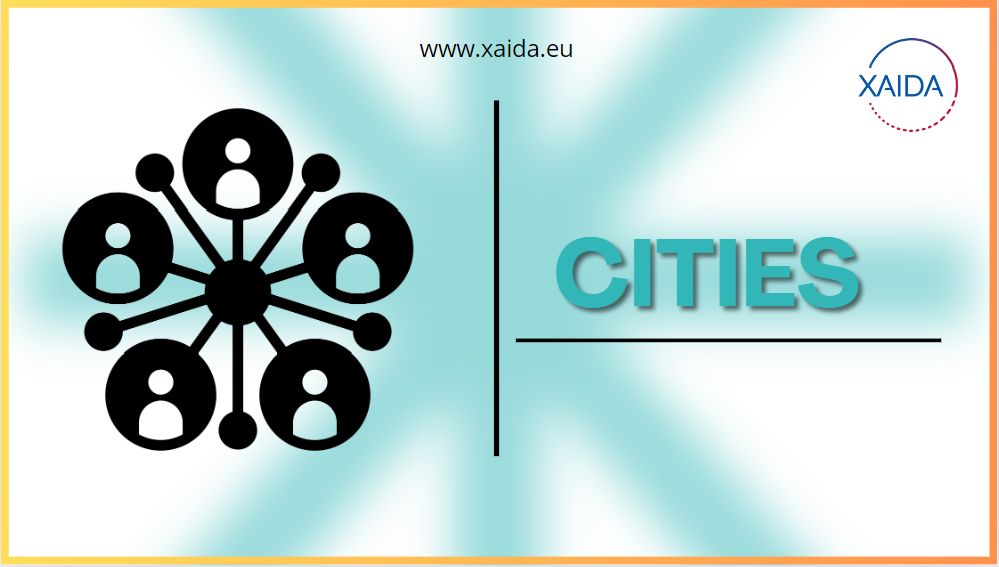
STAKEHOLDERS PLATFORM | CITIES Every city authority in the world is faced with tough decisions on how to deal with present and future losses due to changing likelihoods and intensities of extreme weather. It is relevant to identify crucial entry points to work with stakeholders. Between 4 and 11 May 2024, we held four […]
Stakeholders Platform – Legal
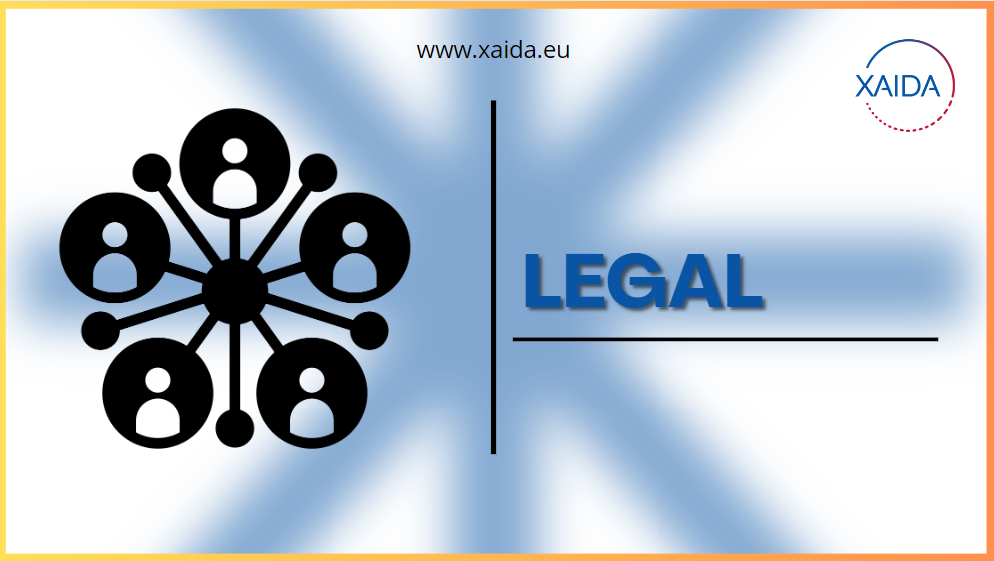
STAKEHOLDERS PLATFORM | LEGAL Every city authority in the world is faced with tough decisions on how to deal with present and future losses due to changing likelihoods and intensities of extreme weather. It is relevant to identify crucial entry points to work with stakeholders. Between 4 and 11 May 2024, we held four […]
Stakeholders Platform – Agriculture
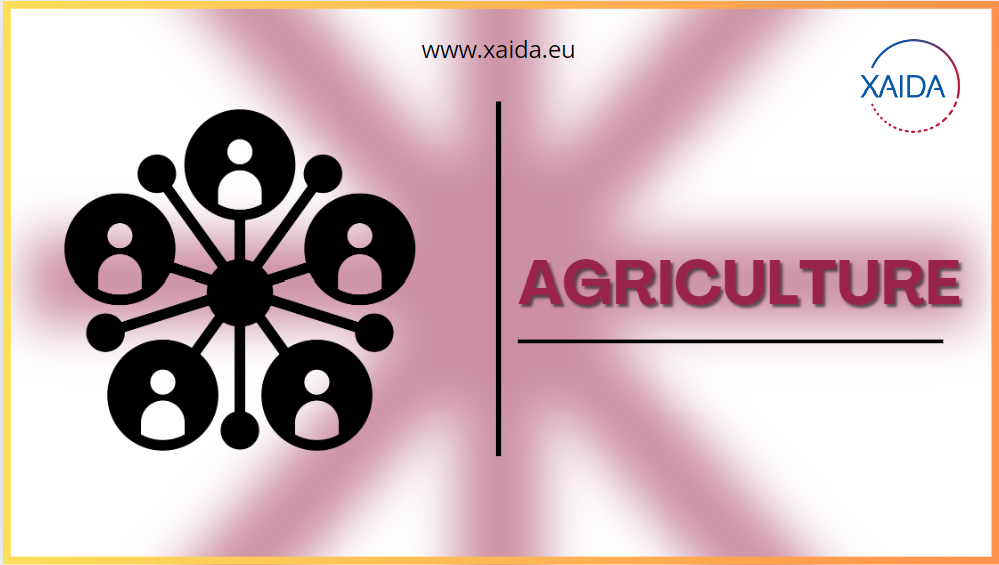
STAKEHOLDERS PLATFORM | Agriculture Every city authority in the world is faced with tough decisions on how to deal with present and future losses due to changing likelihoods and intensities of extreme weather. It is relevant to identify crucial entry points to work with stakeholders. Between 4 and 11 May 2024, we held four […]
XAIDA Webinar #6

The 6th session of our webinar will occur on May 21th at 2 PM CET. Emmanuel Rouges (University of Reading, UK) will explain the link bertween weather regimes and energy shortfall events in Europe.
Check out the details to attend, discuss and follow the discussion!
XAIDA Webinar #5
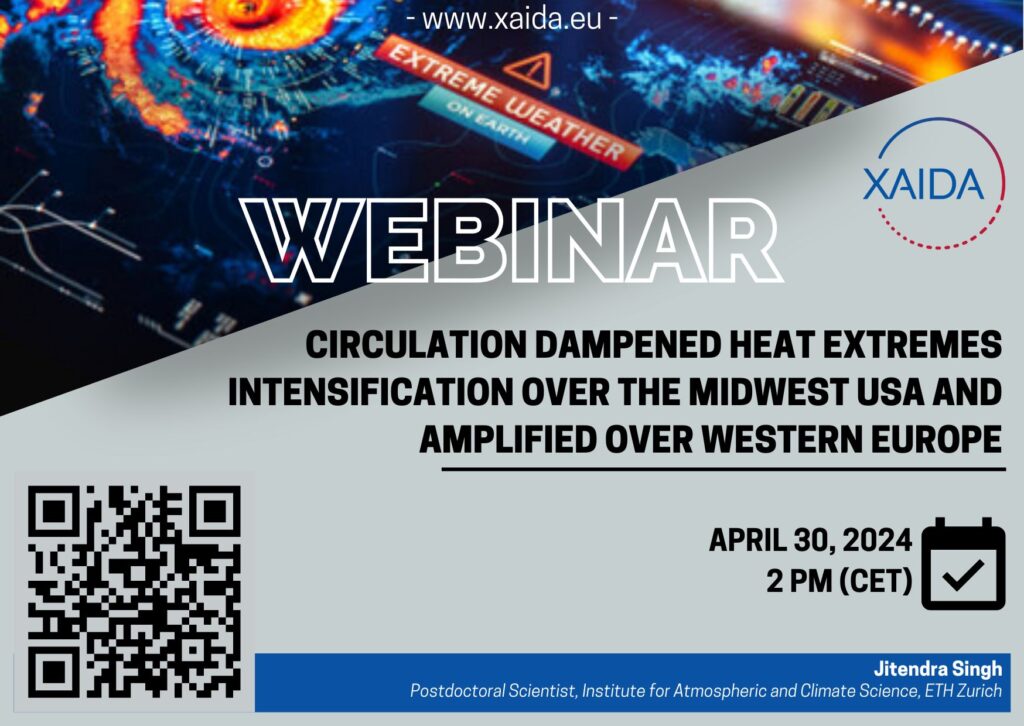
The 5th session of our webinar will occur on April 30th at 2 PM CET. Jitendra Singh (Institute for Atmospheric and Climate Science, ETH Zurich) will explain how circulation dampened heat extremes intensification over the Midwest USA and amplified over Western Europe.
Check out the details to attend, discuss and follow the discussion!
